Last month colleagues and I in the Department of Social Sciences and Social Work, and members of the Seldom Heard Voices Research Centre, convened a round table discussion on racism, the impact of Covid-19 on minority groups and the rise of #BlackLivesMatter following the murder of George Floyd. As someone who teaches intersectionality to social science students, I presented background information on racism within the criminal justice system as well as on my own research experiences on hate crime. Today’s blog considers the first of these areas, and I hope colleagues will join me in sharing their own stimulating presentations in the coming days.
As students in my classes will be aware, there is a long history of marginalisation, discrimination and prejudice against minority groups in the UK. I only have the space here to briefly consider the particular relationship of Black and Asian minority groups with the criminal justice system but hope it will encourage wider debates. Although this is an area that we have seen awareness raised around in recent weeks, following the murder of George Floyd and the subsequent protests here and overseas, these issues are not new.
The contributory factors surrounding the murder of Mr Floyd are not specific to the USA and given its history of colonialisation has many similar features to the UK also. As we wait to hear the outcome of the charges and trial of the police officers involved in Mr Floyd’s death, we must bear in mind that in the UK there have been no successful prosecutions for deaths in British Police custody since 1969 – that is, over 50 years. That is not to say there have not been deaths in police custody since that time – there have been hundreds – and they have been proportionately more likely to involve the death of a black man than any other ethnic group.
What is the relationship between race and crime? Criminology students start by considering the groundbreaking work of Stuart Hall and colleagues in Policing the Crisis: Mugging the State and Law and Order, originally published in 1978, exposing a socially constructed moral panic around young black ‘muggers’.
Since that prosecution in 1969 of two Leeds officers for the death of David Oluwale, we have seen repeated evidence of prejudice and discrimination by the CJS towards our black communities. There was the Scarman report of 1981, focussed on responding to undercover officers targeting BAME communities in Brixton, which involved hundreds of people being stopped and searched on the basis of ‘suspicion’ and subsequent public disorders (note: I refuse to use the term ‘riot’). In 1995 Sir Paul Condon, then Commission of the Met Police, said young black men were committing 80% of muggings in high crime area, implying that it was colour of skin rather than socio-economic backgrounds and structural conditions that were a factor in criminality, showing little had changed.
We have seen the MacPherson report of 1999 investigating police response to the murder of Stephen Lawrence, which was the genesis of hate crime legislation and victim-focussed policing in the UK. We have witnessed disorders or ‘riots’ from 1985 in Birmingham, Brixton, Broadwater Farm, Meadow Well Estate, and Tottenham again in 2011. As with recent reports, the actions of minority members resulted in heavy handed or excessive police responses, and further undermined the fragile community relations between police and minority communities.
Despite the introduction of the Police and Criminal Evidence Act in 1984, communities continued to complain about increasing numbers of discriminatory targeting of black men through the use of stop search – particularly young black men.
Consistently, Black men were more likely to be stopped and searched than white men.
Consistently, Black people were more likely to be arrested and charged compared to other ethnic groups.
Throughout the criminal justice system, as the Lammy Report (2017) shows us, a BAME man was more likely to be stopped, arrested, charged, denied bail, convicted and sentenced to prison than a white man with the same previous history, and the same offence.
So racism is not new. Outrage is not new. And no wonder our communities are tired of peaceful protests and not being heard. This prejudice exists both within our CJS structurally, and within our communities. It is fuelled by processes of dehumanisation and racialisation. What bothers me most about these recent events is that we are still having to debate and argue about the extent of racism within our societies today, and as this brief overview has shown, lessons have not been learnt.
All of this comes within the embedded dehumanising, stigmatising and Othering of minority communities. From Ben Bowling’s work on racism in the police in 1998, Kathryn Russell’s call in 1992 for a Black criminology to investigate the over-representation of race and ethnicity in crime statistics – as well as victim statistics – to Alpa Parmer in 2017 who highlights there is still too little criminological research on the nexus between race, gender and crime… I add to their calls for action. We all have a responsibility for action.
Jane Healy
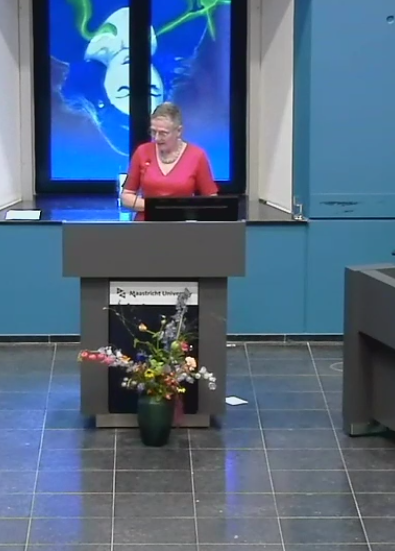
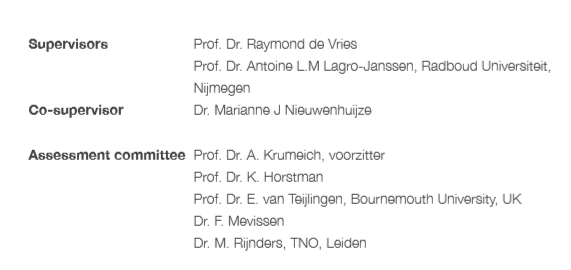 Today I had the pleasure of being one of the examiners for a PhD at the University of Maastricht (the Netherlands). The PhD candidate (now Dr.) Franka Cadée was a little nervous according to her supervisors, although it did not show during the viva.
Today I had the pleasure of being one of the examiners for a PhD at the University of Maastricht (the Netherlands). The PhD candidate (now Dr.) Franka Cadée was a little nervous according to her supervisors, although it did not show during the viva.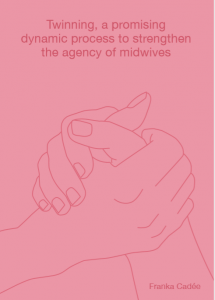


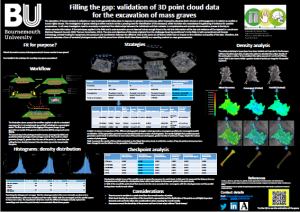
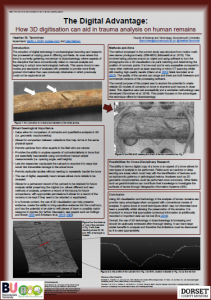
 The South West Partnership for Environmental and Economic Prosperity (
The South West Partnership for Environmental and Economic Prosperity (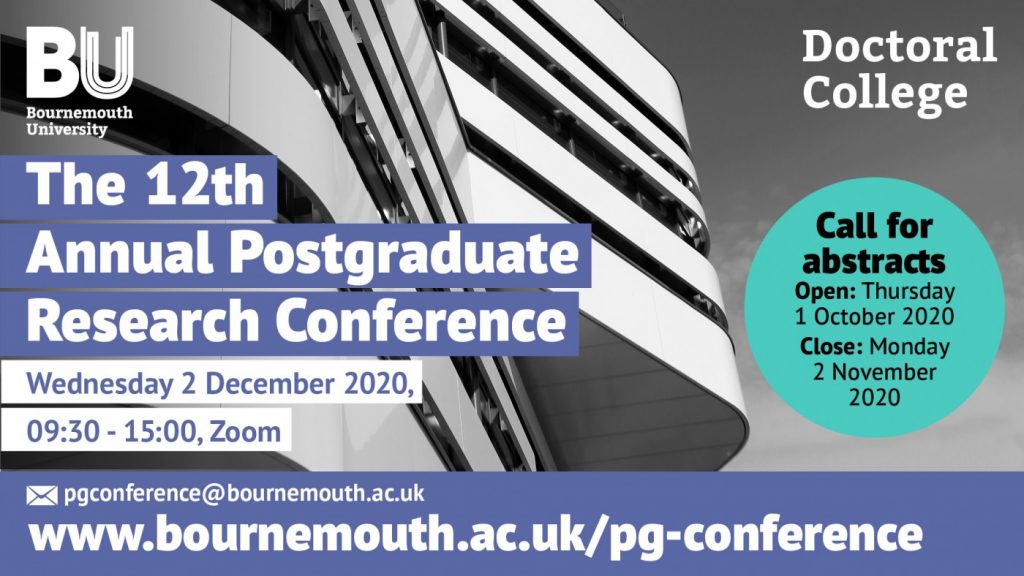
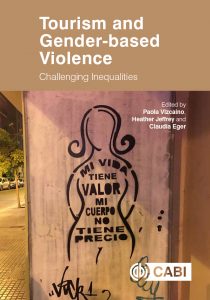
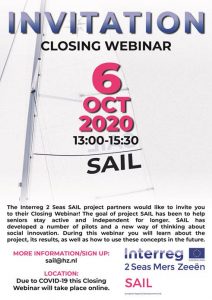 SAIL (Staying Active and Independent for Longer) has been a three year EU funded project that utilised a social innovation approach to developed 10 pilots that aimed to support active aging. Four pilots were developed in the Netherlands, 2 in France, 2 in Belgium and 2 within the UK. The role Bournemouth University Team (Prof Ann Hemingway, Prof Adele Ladkin and Dr Holly Crossen-White) was to undertake an evaluation of the pilots and develop a feasibility study regarding the use of social innovation.
SAIL (Staying Active and Independent for Longer) has been a three year EU funded project that utilised a social innovation approach to developed 10 pilots that aimed to support active aging. Four pilots were developed in the Netherlands, 2 in France, 2 in Belgium and 2 within the UK. The role Bournemouth University Team (Prof Ann Hemingway, Prof Adele Ladkin and Dr Holly Crossen-White) was to undertake an evaluation of the pilots and develop a feasibility study regarding the use of social innovation.
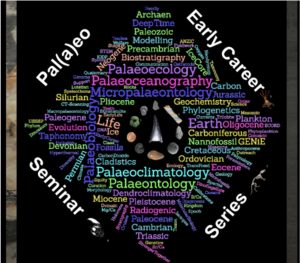 From 8th September, the Natural Environment Research Council (NERC) are launching a weekly zoom for early career researchers working in the broad field of Paleo sciences.
From 8th September, the Natural Environment Research Council (NERC) are launching a weekly zoom for early career researchers working in the broad field of Paleo sciences.
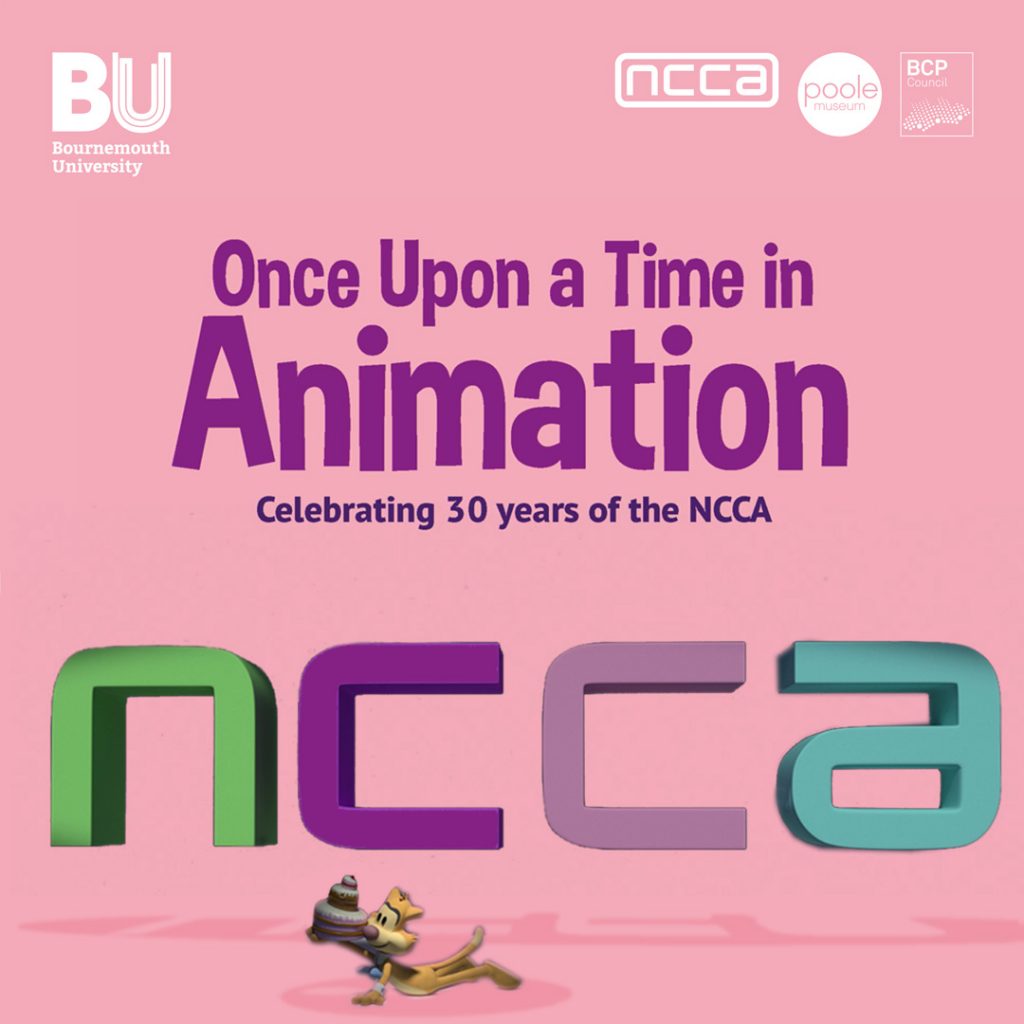














 FHSS academics teaching in Nepal
FHSS academics teaching in Nepal New weight change BU paper
New weight change BU paper One week to go! | The 16th Annual Postgraduate Research Conference
One week to go! | The 16th Annual Postgraduate Research Conference Geography and Environmental Studies academics – would you like to get more involved in preparing our next REF submission?
Geography and Environmental Studies academics – would you like to get more involved in preparing our next REF submission? Congratulations to three former BU staff
Congratulations to three former BU staff MSCA Staff Exchanges 2024 Call – internal deadline
MSCA Staff Exchanges 2024 Call – internal deadline Applications are now open for 2025 ESRC Postdoctoral Fellowships!
Applications are now open for 2025 ESRC Postdoctoral Fellowships! Horizon Europe – ERC CoG and MSCA SE webinars
Horizon Europe – ERC CoG and MSCA SE webinars MaGMap: Mass Grave Mapping
MaGMap: Mass Grave Mapping ERC grants – series of webinars
ERC grants – series of webinars